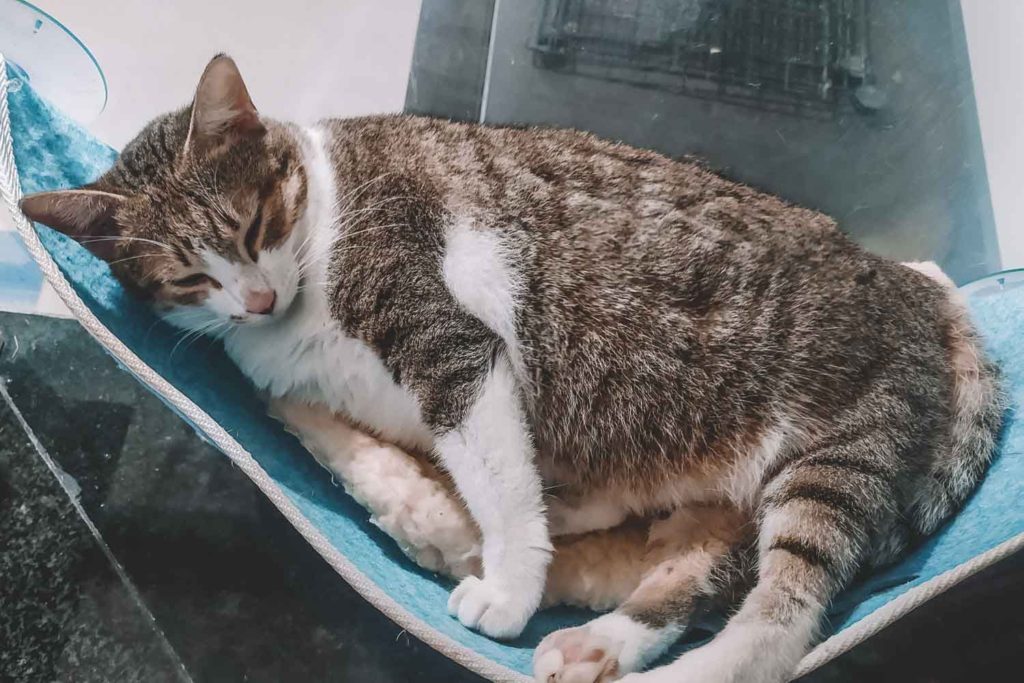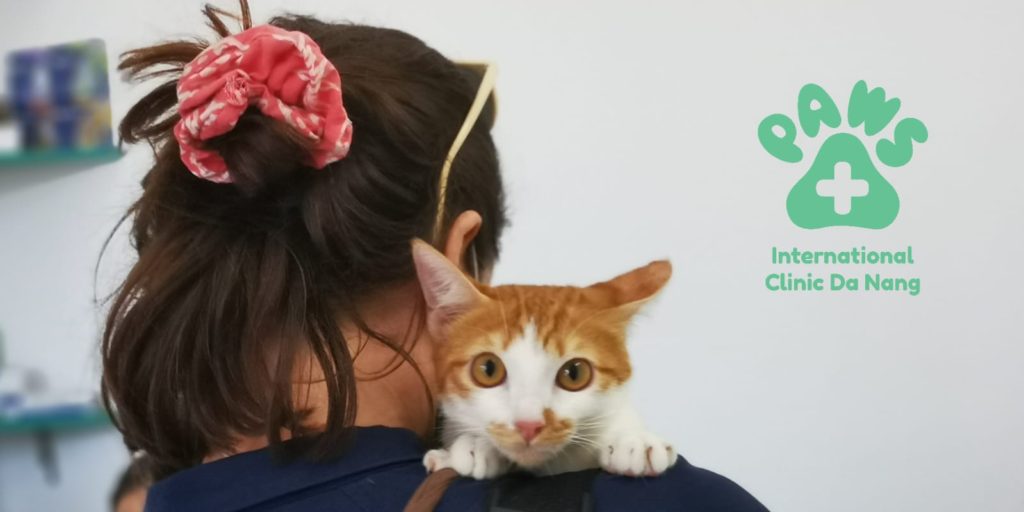
Mature cats face an increased risk of ‘older cat’ problems such as diabetes, kidney disease, high blood pressure, hyperthyroidism, and cancer. Close monitoring is important, focusing on common signs of disease in older cats such as poor coat condition, vomiting, diarrhoea, constipation, reduced appetite, weight loss, change in thirst, inappetence, changes in urination, reduced locomotion, reduced hearing or vision, reduced awareness and interaction, agitation, or night-time yowling.
Obesity peaks in cats aged between six and eight years, so extra care needs to be taken with feeding. You should feed age-appropriate food to your mature and senior cats to ensure their nutritional needs are being met.
Senior cats are at an age when several things can go wrong at the same time. However, many diseases are treatable so don’t simply put any changes in your cat down to ‘old age’ and ignore them!
Problems such as a hyperactive thyroid (hyperthyroidism), high blood pressure, kidney disease, arthritis, diabetes, and cancer are more likely to occur at this stage. Cats can also suffer from the equivalent of senile dementia, although signs can be confused with other diseases, so it is important to establish a proper diagnosis.
Older cats with failing kidneys may not drink sufficiently and can become dehydrated and constipated. They may spend less time grooming, leading to coat and skin problems or brittle overgrown claws, and may eat less because their sense of smell is not so acute, or they have teeth or gum problems. It is vital to monitor even more closely for the signs outlined for ‘mature cats’.
It is an achievement to be proud of if your cat has reached this life stage – congratulations! For geriatric cats, just as for people in their mid-70s onwards, checks need to be more thorough and more frequent to catch any problems as they develop. All the health issues described for the senior cat are even more likely to occur in the geriatric cat.
To best cater for the needs of your elderly feline, there are other ageing changes to be aware of:
Ensure your older feline has easy access to all resources – food, water, and litter boxes. Place them in several locations around the house, so your cat never has to travel too far. Litter boxes should be wide and shallow to help your cat enter and leave with ease.
Create steps using chairs, stools, or boxes, so that your cat can easily access his favourite resting spots without having to jump too high. Give your cat quiet, undisturbed resting areas where he can escape other pets or children if he wishes.
Studies show that most cats over the age of 12 have a decreased ability to digest fat, and about 20 percent of cats over age 12 have a decreased ability to digest protein. Older cats, especially if underweight, can benefit from a diet with increased levels of high-quality protein and fat. Although some age-related problems respond favourably to increased fibre intake, feeding high-fibre foods is not recommended across the board for all senior cats, in part because fibre may decrease the absorption of some essential nutrients.
You should feed specialised commercial cat foods for mature and senior cats to ensure their nutritional needs are being met.
Older cats often don’t drink enough water. Especially if the cat has impaired kidney function, as some older cats do, this can lead to dehydration. Offering wet food and placing additional bowls of fresh water throughout the house may help increase your cat’s water intake.


©2022 Paws For Compassion · Website by C: Digital Solutions